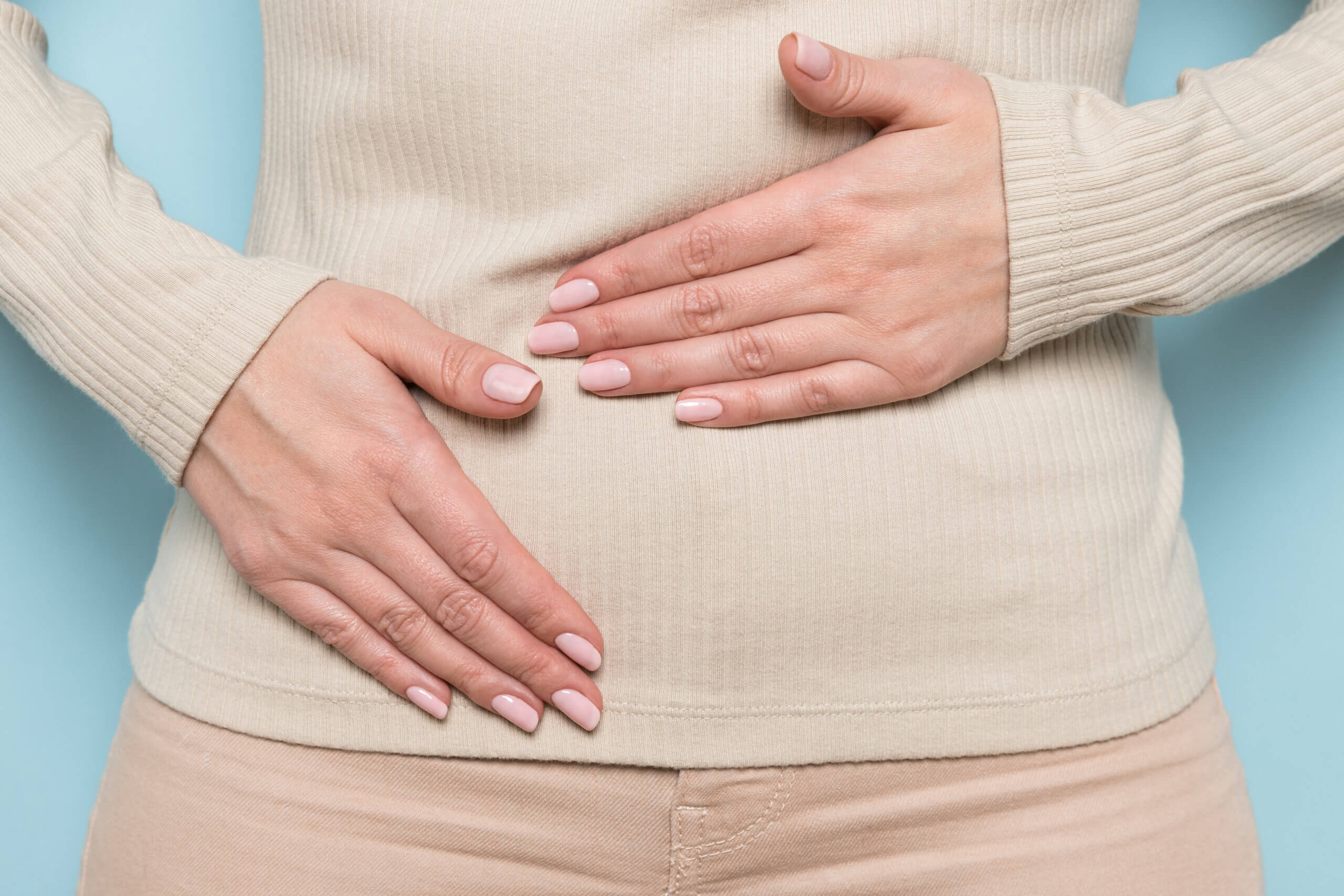PCOS is an acronym for Polycystic Ovarian Syndrome. PCOS is a hormone imbalance that affects women and can cause symptoms like acne, weight gain, and hair growth in unusual places. It’s often mistaken for other conditions, so it’s important to get a diagnosis from your doctor if you think you might have it.
There are many causes of PCOS, but the most common one is genetics. Some women might be more likely to develop the condition because they have family members with it. Other causes include obesity and high levels of insulin in the body (which can happen when someone has type 2 diabetes).
If you think you may have PCOS, there are some common symptoms to watch out for: irregular periods or no period at all; acne; weight gain; hair growth on your face or chest; trouble losing weight even though you’re dieting and exercising regularly; pain during sex or difficulty getting pregnant.
Symptoms and Treatment Options
Polycystic Ovary Syndrome (PCOS) is a common hormonal disorder among women of reproductive age. It affects the ovaries, making it difficult to get pregnant.
The symptoms of PCOS can range from no symptoms at all to very severe. The most common symptom is menstrual irregularity, where a woman may have periods that are either too frequent or too infrequent. Other symptoms include acne, hair loss, weight gain and infertility.
There is no cure for PCOS and treatment options depend on the individual’s symptoms.
What to Do When You’re Bloated With Pcos And Ovulation
The best thing to do is to get rid of the bloating. This is done by changing your diet and lifestyle habits.
1) Change your diet: Avoiding foods that are high in sugar, salt and starch. Eating more fibre rich foods like vegetables, fruits and whole grains. Drinking plenty of water or herbal tea.
2) Exercise: Exercising regularly will help you lose weight, which will also help you get rid of bloating. You can opt for light exercises like walking, yoga or Pilates or more intense ones such as running or weight training.
3) Lifestyle changes: Making lifestyle changes such as quitting smoking, reducing alcohol intake and avoiding junk food can also help you deal with bloating and other PCOS symptoms.
Pcos And Ovulation – A Guide To Managing Your Body During The Crazy Time Of The Month
Pcos and ovulation are two words that typically don’t go together. But, it’s important to understand the relationship between the two. This article will explore the relationship between these two conditions and offer some tips on how to manage your body during this crazy time of the month.
We know that pcos is a condition where a woman has high levels of male hormones in their body which can lead to irregular periods and other hormone-related issues. Ovulation is when a woman releases an egg from her ovaries each month in order for pregnancy to happen. In most cases, women with pcos experience irregular periods and ovulation problems because their bodies are not producing enough progesterone.
Pcos And Ovulation – How To Find Out If You’re Underweight Or Overweight For Your Height
Women with PCOS are more likely to be overweight or underweight for their height, which may make it difficult to identify the right weight for them. If you are having trouble identifying your weight, you can calculate your BMI and find out what category you fall into.
Calculating BMI is a simple way to determine if you fall into either the underweight or overweight category. Calculating BMI involves dividing your weight by your height squared and multiplying that number by 703.
For example, if a woman weighs 160 pounds and is 5 feet tall, her BMI would be 160/3600*703 = 24.6 which means she falls in the “overweight” category according to the National Institutes of Health’s standards.
Conclusion
The conclusion should summarize the main points that have been discussed in the article and give a call to action. It should also provide a sense of closure to the reader on what they have just read.
If you are experiencing bloating during ovulation, try eating ight foods like fruits, vegetables, and whole grains. You can also take some over-the-counter medications or drink plenty of water to reduce your bloating.

